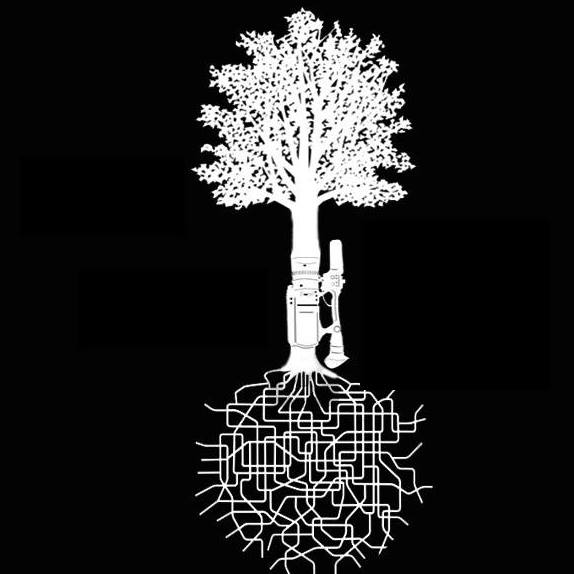The Media Awareness and Justice Initiative (MAJI), a human rights organization based in Port Harcourt, Nigeria, has issued a compelling call to action, urging both federal and sub-national governments to prioritize investments in digital technological innovations and implement policies that foster women’s development. The organization’s statement, released in commemoration of the 2025 International Day for Women and Girls in Science, emphasizes the critical need to bridge the gender gap in science and technology for sustainable development. While acknowledging women’s inherent potential to contribute significantly to societal progress through STEM fields (Science, Technology, Engineering, and Mathematics), MAJI highlights the persistent exclusion of women from full participation in various spheres, including the economy, policy formulation, digital advancements, governance, and overall development.
MAJI identifies the digital divide as a significant barrier to women’s empowerment in Nigeria. This divide, characterized by disparities in internet access, digital literacy, and technological infrastructure between urban and rural areas, as well as between socio-economic groups and genders, further marginalizes women and girls. The organization stresses the urgency of bridging these gaps, particularly in light of the widening digital gender divide observed in many developing countries. This digital disparity disproportionately affects women and girls, limiting their access to information, opportunities, and resources, thus hindering their ability to contribute fully to society and benefit from technological advancements.
The organization’s statement underscores the global nature of this digital gender gap. Citing statistics from 2022, MAJI points out that 62% of men globally use the internet, compared to only 57% of women. This disparity is even more pronounced in least developed countries (LDCs), where a mere 19% of women used the internet in 2020, a stark contrast to the 86% internet usage among women in developed countries in 2019. These figures provide a sobering reminder of the digital exclusion faced by women, particularly in less developed regions, and emphasize the need for targeted interventions to bridge this divide.
MAJI highlights the importance of sustained digital literacy training for women and girls as a key strategy for bridging this digital divide and fostering greater inclusion. Through its Community Network project, which aims to provide affordable and sustainable internet access in both rural and urban communities, MAJI has identified the critical need for these training programs. Such training, according to MAJI, equips historically marginalized women and girls with the necessary skills and knowledge to navigate the digital landscape, access information, and participate in the digital economy. By empowering women with digital literacy, these programs create pathways for increased economic opportunities, digital inclusion, and overall societal participation.
The organization’s call for government intervention underscores the responsibility of both federal and sub-national entities to create an enabling environment for women’s participation in science and technology. This includes investing in technological infrastructure, promoting digital literacy programs, and implementing policies that address the gender gap in STEM fields. By prioritizing these initiatives, governments can create a more inclusive and equitable society where women and girls have the same opportunities to contribute to and benefit from technological advancements.
In essence, MAJI’s statement serves as a timely reminder of the urgent need to address the digital gender divide and empower women and girls through digital literacy. The organization advocates for a concerted effort from government and stakeholders alike to prioritize investments in digital technologies and create policies that support women’s development. By bridging the gap in science and technology, we can unlock the immense potential of women and girls, paving the way for a more inclusive, equitable, and sustainable future for all. MAJI’s call to action emphasizes that “The time for scientific change and women and girl inclusion is now.”


